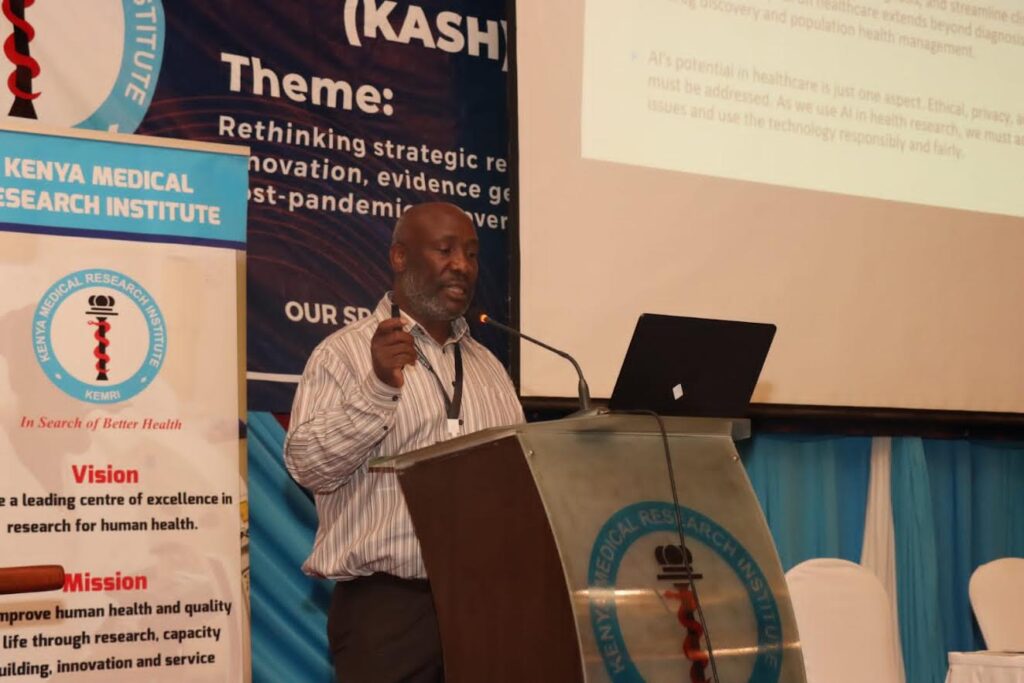Maternal care in East Africa remains weak compared to global standards. Out-of-pocket health payments are a major barrier to accessing healthcare, especially for those with lower incomes. Ruaraka Uhai Neema Hospital in partnership with digital platform M-TIBA and health organization PharmAccess has therefore launched ‘Tunza Mama’: a discounted service that empowers women to access care throughout their pregnancy journey.
Tunza Mama service encourages women to come for antenatal care early in their pregnancy. It also supports them to visit the facility more frequently, by making services cheaper the more times the
mother comes for check-ups.
The service, which runs on the M-TIBA mobile platform, was today launched and pioneered at Ruaraka
Uhai Neema Hospital in Nairobi. Tunza Mama will be scaled to other health providers in Kenya gradually,
over the course of this year.
‘’Mobile technology has the potential to improve the health outcomes for mothers and their babies’’, says Moses Kuria, Managing Director M-TIBA. ‘’The M-TIBA platform connects facilities and patients and facilitates payments in an efficient manner. In that way, mothers can access the care they need at an affordable cost. Moreover, with Tunza Mama, mothers know upfront what they can expect in terms of costs and services, giving them peace of mind during their pregnancy, as well as after their baby is born’’.
Tunza Mama covers mothers from the first check-up to delivery and immunization, until the baby reaches two years of age. With the service, PharmAccess and M-TIBA hope to increase the number of expectant mothers accessing pregnancy care at Ruaraka Uhai Neema Hospital.
Angela Siteyi, Innovations Director PharmAccess: ‘’Sub-Saharan Africa alone accounts for around 70% of maternal deaths worldwide. We aim to expand Tunza Mama rapidly to empower women to access
affordable and quality care during their pregnancy, without having to forego care due to costs. By using
technology, we are able to connect the mother and health professionals for continuous engagement,
timely interventions, better patient experiences and outcomes’’.
Through PharmAccess, the health facility has access to decision support tools that empower them to
monitor, communicate, schedule visits and personalize the pregnancy experience for each individual
mother.
Dr George Kiere, ObsGyn at Ruaraka Uhai Neema Hospital: “To identify any potential risks for mothers
and babies, early and regular check-ups are essential. We see that mothers miss check-ups because of financial challenges. The Tunza Mama package enables both quality and quantity of care. It lowers the
overall cost of care and most importantly: it reduces the risks for pregnancy-related complications for
mothers and babies.”

















